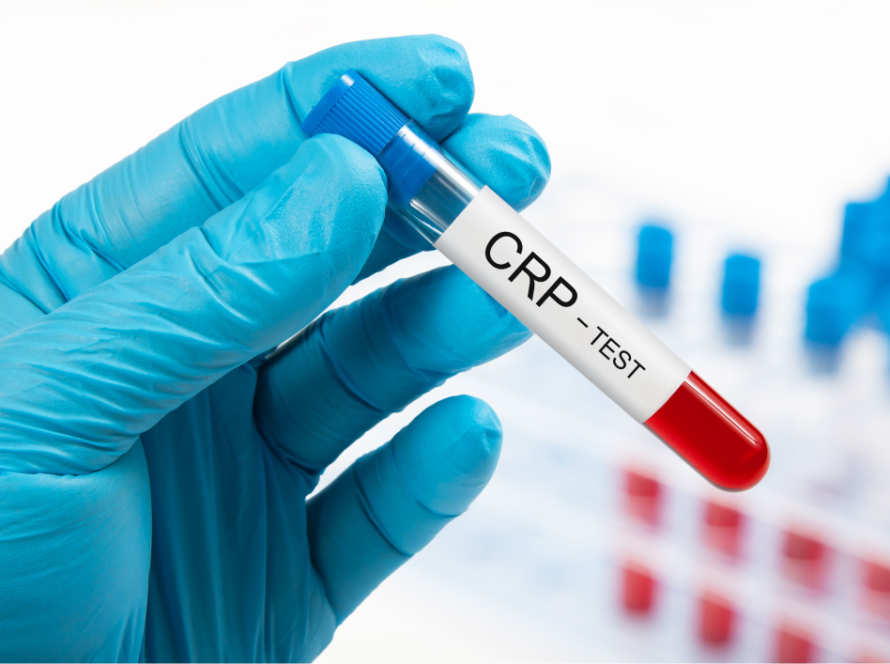What Your Stool Sample Can Tell You About Your Gut, Health, and Longevity
It’s not exactly dinner-table conversation, but your poop has a lot to say about you. And no, this isn’t just gross trivia. A stool sample analysis can give real clues about your gut, your health, and even how long you might live.
Your gut is like a control centre. It affects your energy, immunity, mood, and digestion of everything you eat. If something’s off in your stool, there’s a chance something deeper is going on inside you.
What Is a Stool Sample?
A stool sample is essentially a small amount of your poop that’s sent to a lab for analysis. Doctors use it to look for signs of infection, inflammation, digestive issues, or imbalances in your gut bacteria. It sounds gross, but it’s painless, non-invasive, and super helpful.
You might need to collect it at home using a kit, then send it in for testing. No special trick, just follow the instructions and ship it off. It’s often the first step in a proper gut health test.
Why Stool Tests Matter
Your gut is like a backstage crew running the show for your whole body. When it’s working well, everything feels easier: digestion, energy, even your mood. But when it’s not? Things get weird: bloating, skin problems, and brain fog.
Stool testing gives you a direct view of how your digestive system is doing. It shows the balance of bacteria, signs of inflammation, and other digestive health indicators that you can’t see any other way. It’s like checking your engine light, except it’s coming from your gut.
Key Health Markers in Stool
Gut Microbes and Diversity
Your gut is home to trillions of microbes, and when they’re balanced, they help keep you healthy. But if the nasty bugs take over, they can stir up trouble—everything from indigestion to anxiety. Studies have even linked the state of your microbiome to longevity.
This balance is a big focus in stool testing. They examine the variety and types of bacteria to determine whether your microbiome is working with you or against you.
Inflammation and Immune Signals
Ever feel exhausted for no reason? Or bloated even after eating healthy? Inflammation could be the culprit, and stool tests can spot it.
Markers like calprotectin or white blood cells can point to gut inflammation. This can be an early warning sign of bigger problems like IBS, Crohn’s, or even autoimmune issues.
Digestive Function Signs
Think of your poop like a report card for your digestion. If it contains undigested food, excess fat, or weird pH levels, something’s not right. These things reveal how well your body breaks down and absorbs nutrients.
You can also learn a lot from colour and consistency. Pale stool might mean liver trouble. Very dark could signal bleeding. These are the kinds of digestive health indicators you want to catch early.

Common Problems Revealed in Stool
So, what stool says about health isn’t just science, it’s convenient. A test might reveal parasites, food sensitivities, or missing beneficial bacteria. It can even help spot infections before you feel full-on sick.
Here are a few signs of poor gut health that stool analysis might uncover:
- Ongoing constipation or diarrhea
- Blood or mucus in stool
- Foul-smelling or oddly colored stool
- Gassiness that just won’t quit
If your bathroom habits feel off, your gut might be trying to tell you something.
How Stool Sample Analysis Helps You
Once your results are in, you don’t just get a list of scary-sounding terms. You get insight into what’s happening inside your body and what to do about it. It’s information you can actually act on.
Maybe you need more fibre, or less sugar. Perhaps your gut is missing certain bacteria that can be replenished with probiotics. A solid gut health test can steer your diet, supplement routine, and lifestyle changes in a direction that helps.
The Impact on Longevity
There’s a deep link between your gut and your lifespan. People with more diverse gut bacteria tend to have stronger immune systems and lower inflammation as they age. That’s where the concept of microbiome and longevity kicks in.
Gut health also ties into your risk of chronic disease—think heart problems, obesity, diabetes. By improving your microbiome now, you might be protecting your future self more than you realise.
A stool test might not seem like a big deal, but the info it reveals can shift your whole health journey.
When to Talk to a Doctor
Sure, you can try gut-friendly foods and supplements on your own. But if something feels seriously off, don’t guess. That’s when you bring in a pro.
Here are some signs it’s time to see a doctor:
- Blood in your stool (bright red or black)
- Sudden changes in bowel habits
- Sharp, ongoing abdominal pain
- Unexplained weight loss
Even if the problem feels small, a quick stool test can rule out more serious issues and give you peace of mind.

Practical Tips for a Better Gut
Improving gut health doesn’t have to be overwhelming. Small changes can make a big difference if you stick with them. Here are a few simple habits to keep your gut happy:
Everyday Gut Boosters:
- Eat more plant-based fibre (veggies, beans, oats)
- Drink plenty of water
- Add fermented foods like yogurt, kefir, or kimchi
- Limit sugar and ultra-processed foods
- Take a probiotic (ask your doctor which one’s best)
Lifestyle Tweaks That Matter:
- Get enough sleep, your gut repairs itself overnight
- Move your body daily to stimulate digestion
- Manage stress (your brain and gut talk all day long)
These tips aren’t magic, but they’re powerful over time. The goal is to support your body before problems even start.
Conclusion
Your poop holds more power than you think. It’s not just a waste but full of messages from your gut, quietly pointing out what’s working and what’s not. A stool sample analysis is like a backstage pass to your health. It can reveal what your body’s been trying to tell you long before symptoms show up.
Your gut is connected to everything—your mood, your sleep, your immune system, and even how long you live. Taking a closer look could unlock a healthier, more energised version of you.
Want to go deeper? Explore the Longevity Program at Lifespire to learn how you can take control of your health, starting from the inside out. Your next chapter might just begin in the most unexpected place.


